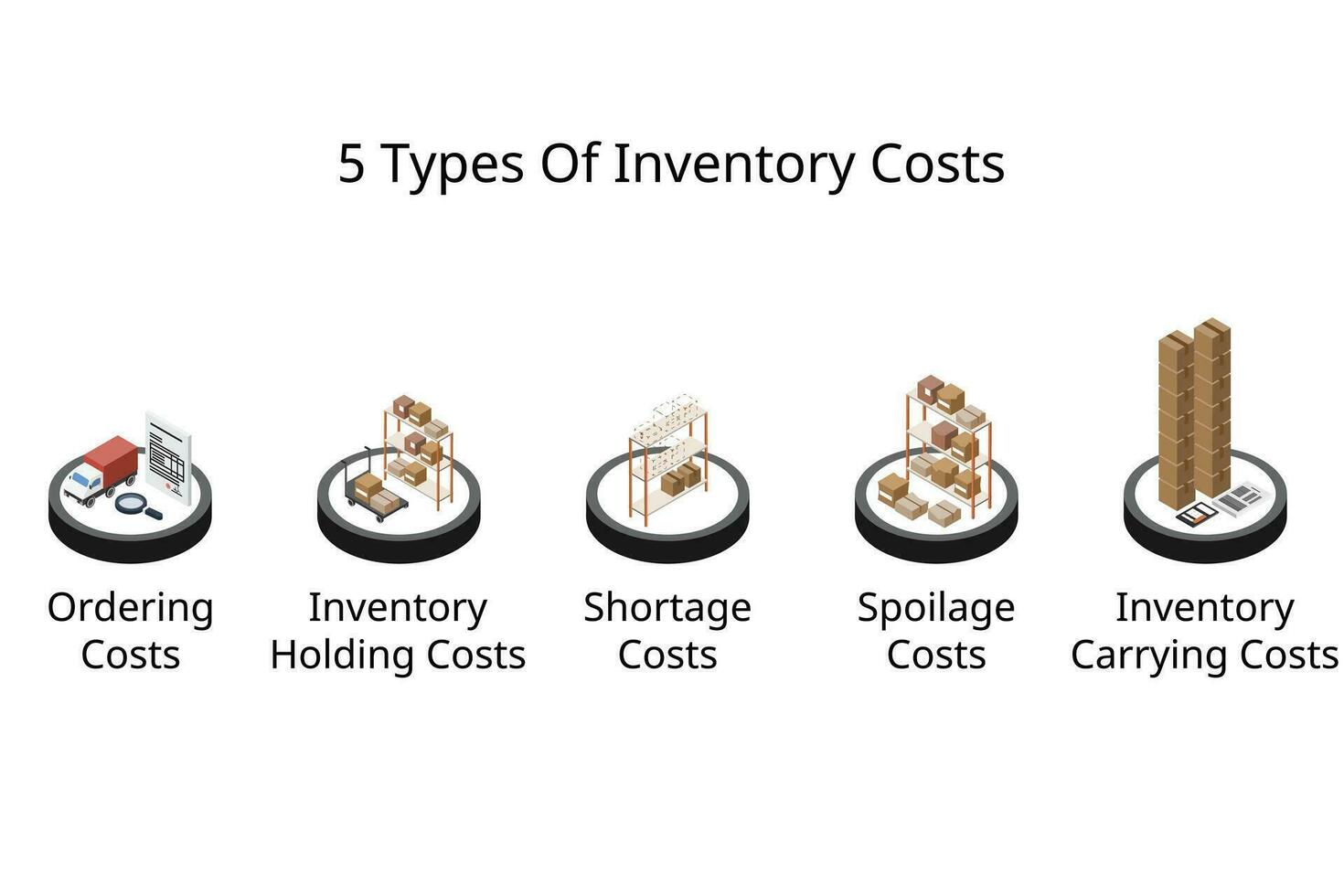Decoding the Cost: A Comprehensive Guide for Smart Financial Decisions

Urban Pedia Wiki
Your one-stop destination for all the information you need - from technology updates, health articles, tutorial guides, entertainment news, sports results, to daily life tips.

1. Understanding the Core Concepts of Cost
Defining Cost in Financial Context

- Expenses used to manufacture the good or provide a service
- The financial value involved in using the work of human resources
- Market and advertising expenses needed to draw attention to your goods and services
- Costs related to packaging, storage, and transportation
2. Exploring the Different Categories of Costs
Direct vs. Indirect Costs: What's the Difference?

| Cost Type | Description | Examples |
|---|---|---|
| Direct Costs | Expenses directly tied to the production of goods or services. | Raw materials, direct labor, manufacturing supplies |
| Indirect Costs | Expenses supporting the overall business operations and not directly tied to specific products/services. | Rent, utilities, administrative salaries, marketing expenses |
| Fixed Costs | Costs that remain largely constant regardless of the production volume within relevant ranges. | Rent, salaries, insurance premiums |
| Variable Costs | Costs that change directly with the production volume/activity level. | Raw materials, hourly wages, sales commissions |
| Opportunity Costs | The potential benefits that a business or individual misses out on while picking one alternative over another. | Missing on the profits from the second best investment option |
3. Effective Strategies for Managing Costs
Budgeting and Forecasting for Cost Control

- Analyze historical data to identify spending trends.
- Prioritize essential expenditures to align with strategic goals.
- Use different budgeting methods, like zero-based or activity-based budgeting.
- Continuously monitor and check expenses against the budget regularly.
- Implement cost-cutting measures where appropriate and possible, for example, vendor negotiations.
- Document all financial activities.
- Improve internal controls to prevent losses, fraud.
Conclusion
#Automotive #auto parts #auto repair shop #car dealership #vehicle financing #car maintenance #automotive service